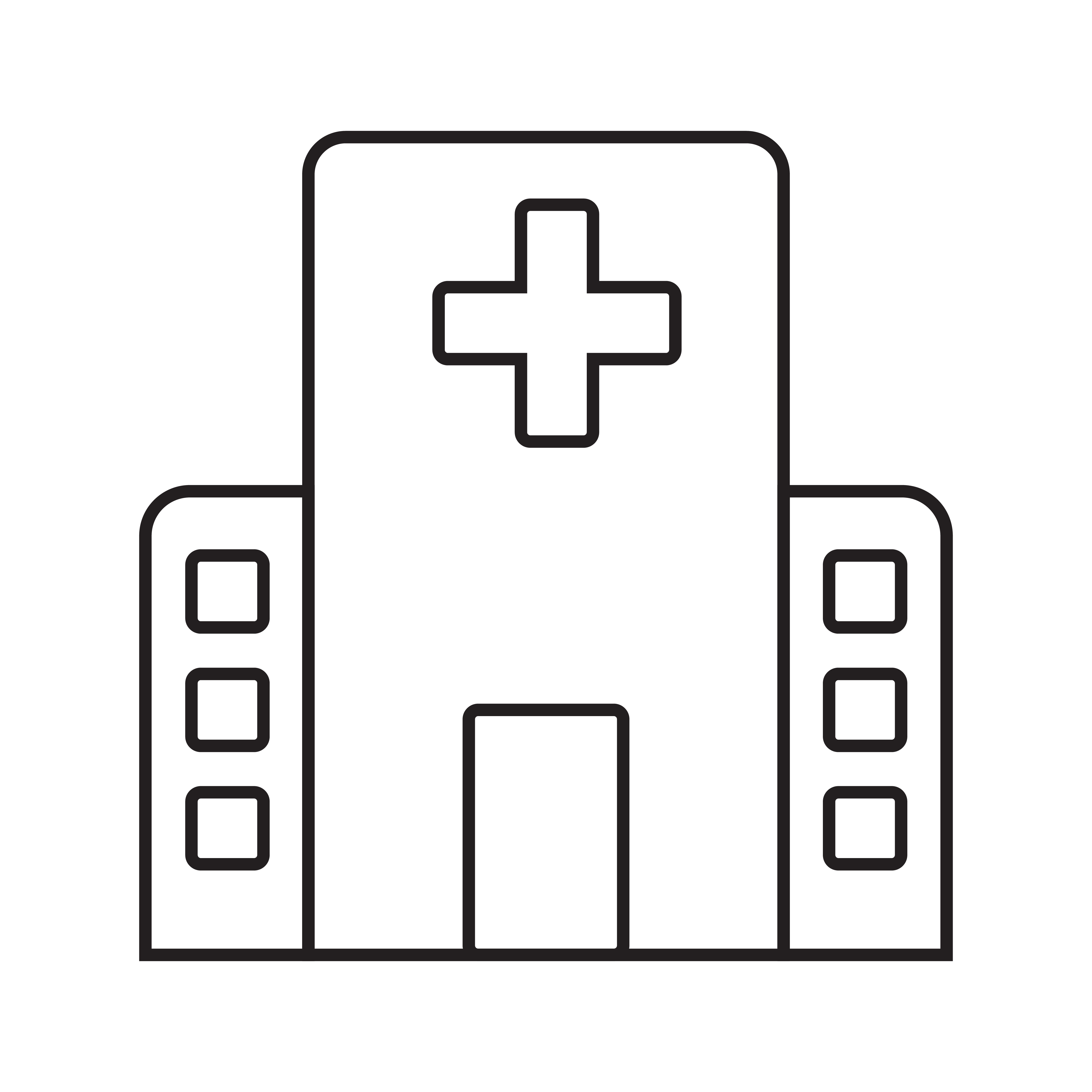
Dementia Clinic
Dementia is one of the most severe diseases in the world.
As of 2018, approximately 120,000 people in Israel were living with dementia, and with increasing life expectancy in the country, it is estimated that by 2050, the number of dementia patients will triple, reaching 360,000.
Alzheimer’s disease is the most common cause of dementia, accounting for 60-80% of cases.
Alzheimer’s is a degenerative brain disease that progressively leads to the loss of mobility, daily functional independence, and ultimately, a person’s personality.
The disease is influenced by a combination of genetic, environmental, and lifestyle-related factors.
Alzheimer’s primarily affects individuals in their senior years, although in rare cases, it can occur at a younger age due to clear genetic predispositions.
In 2024, for the first time in medical history, a unique treatment for Alzheimer’s disease became available, involving intravenous infusion of amyloid-targeting antibodies, such as LEQEMBI and KISUNLA. This treatment is offered to patients with a definitive diagnosis based on a comprehensive neurological cognitive evaluation, diagnostic lumbar puncture, and advanced brain imaging. It is important to note that treatment is effective only in the early stages of the disease, making early and accurate neurological diagnosis critical.
Dementia can be prevented in some cases. Early symptoms of cognitive decline associated with Alzheimer’s can now be identified through brain imaging and cerebrospinal fluid (CSF) tests.
Since 2024, LEQEMBI and KISUNLA, an FDA-approved intravenous treatments for Alzheimer’s, have been available in the U.S., Europe, and Israel. However, this treatment is specifically intended for early-stage Alzheimer’s and is not suitable for advanced dementia. Therefore, early and precise neurological diagnosis is essential.
The clinic offers diagnosis, consultation, and treatment tailored to individuals with dementia, Alzheimer’s disease, and those at high risk for dementia. Services include:
- Diagnosis and treatment for all types of dementia and Alzheimer’s disease.
- Comprehensive consultation with neurologists specializing in dementia and Alzheimer’s disease.
- A wide range of tests for early detection of Alzheimer’s.
- Genetic testing for APOE to assess increased risk for Alzheimer’s disease.
- Imaging studies for early detection of Alzheimer’s, including MRI and AMYLOID PET-CT.
- Lumbar puncture for early and precise diagnosis of Alzheimer’s (analyzing AMYLOID/TAU in CSF).
- Identification of increased risk for Alzheimer’s disease and vascular dementia using advanced technology such as Delphi-MD.
- Advanced treatment for Alzheimer’s with intravenous infusion of LEQEMBI or KISUNLA.



